Representatives of Iran and the five remaining signatories to the 2015 deal, officially known as the Joint Comprehensive Plan of Action (JCPOA), resumed Vienna talks on November 29 after a five-month hiatus, marking the first round of negotiations under Iranian President Ebrahim Raeisi’s administration. The talks are focused on the removal of all sanctions imposed on Iran after the US unilateral withdrawal from the agreement.
Iran and the P4+1 states, namely Russia, China, France, Britain plus Germany, sat down for talks in the Austrian capital on December 9 again after being paused on December 3, when the participants returned to their capitals for additional consultations on the two draft proposals that Tehran had put forward.
Co-chaired by Iran’s top negotiator Ali Bagheri Kani and Deputy EU Foreign Policy Chief Enrique Mora, the new round of talks started on Monday at the Coburg Hotel after the previous round ended 10 days ago.
According to some sources, the talks will continue until Thursday, and after a three-day break, the talks will resume on January 3.
The current round of talks was supposed to resume after the New Year holiday but due to the will and seriousness of the Iranian side, the talks have been started earlier than that time.
As the talks resumed, the Iranian top negotiator Bagheri Kani, who also serves as deputy foreign minister for political affairs, once again explained Iran's demands to the remaining parties to the JCPOA and insisted on Iran's legitimate demands, including the lifting of sanctions.
In the previous rounds, the three European countries (France, Britain and Germany) that have actually followed the US policies have always tried to pursue two goals by waging psychological warfare against Iran.
The Western parties intended to hold Iran responsible for the possible failure of the negotiations or to force Iran to accept a bad agreement and give high concessions by waging psychological warfare and putting pressure on Iran.
Iran's reasonable positions and the presentation of two documents for the continuation of negotiations for an agreement by Iran led to the failure of the strategy of the European parties so that despite the initial opposition of the Europeans to the proposals submitted by Iran, they were finally forced to consider Iran's proposals in the final two documents agreed by all parties.
It should be noted that in the current round of negotiations, unlike the previous rounds, the European parties have been forced to reduce their ineffective pressure due to Iran's completely rational and JCPOA-based positions.
Reports from Monday's talks indicate that the overall atmosphere for the talks have been constructive so that it was agreed in the JCPOA Joint Commission Meeting as well as bilateral consultations that the focus of the talks to be on lifting sanctions, and many of Iran's demands and proposals have been included in the new draft. Most of the parties involved in the negotiations considered the achievement of a new draft as a significant step forward.
While the Western sides in the talks didn't present any ideas or initiatives, the speed and accuracy of the action of the Iranian negotiating team have been praised by the EU coordinator of the JCPOA Joint Commission Mora.
At the end of the talks on Tuesday, the three European countries announced progress on some technical issues, while saying that there are several weeks to reach an agreement on the Iranian nuclear issue.
Of course, despite the positive atmosphere and progress of the negotiations, some media outlets are trying to portray the atmosphere of the negotiations as negative.
ZZ/


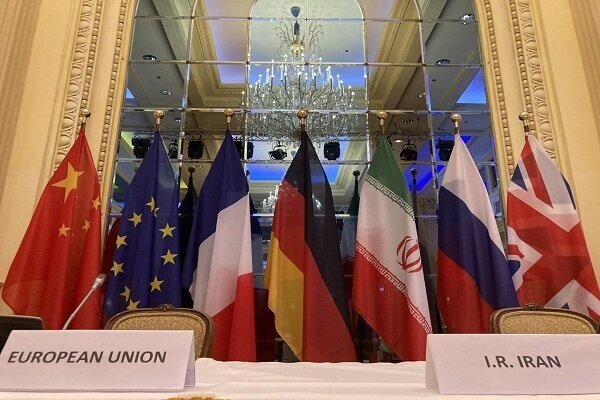




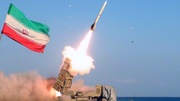
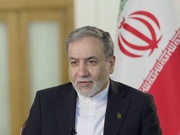
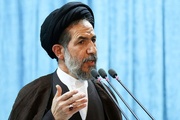
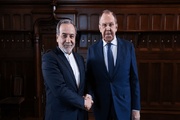
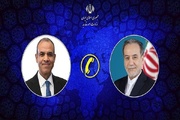
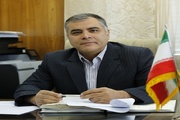
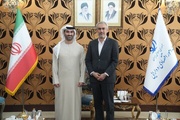









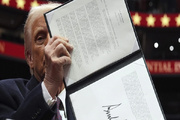


Your Comment